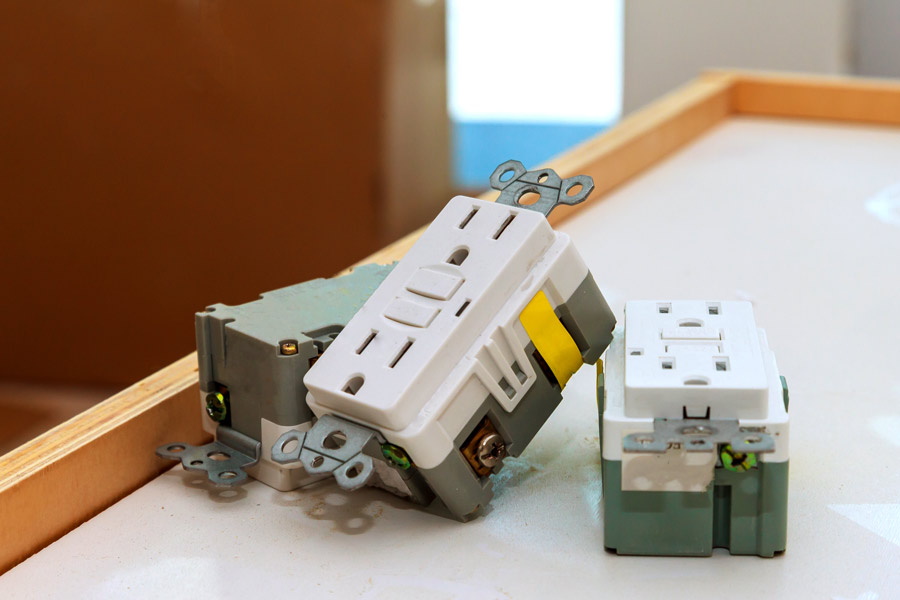Let Us Mend Your Shorts!
Ackermann Electric — Serving Northwest Washington Since 1950
For more than seventy years, we have helped residential, commercial, and industrial clients with their electricity needs, including new service, remodels, and electrical design. We can also accommodate your industrial control panel needs and strive to provide timely assistance through our team of experienced electricians.
Because we run a small, more intimate establishment, we’re able to work on a more personal level with our customers and provide higher quality work at an efficient pace.

Providing Electrical Solutions for 70+ Years

Have an electric emergency?
Call 360-336-6188 now!
Hear From a Few Recent Happy Customers!
Advice From Sparky’s Corner
If you are in need of electrical services, contact Ackermann Electric Company today at 360-336-6188!

